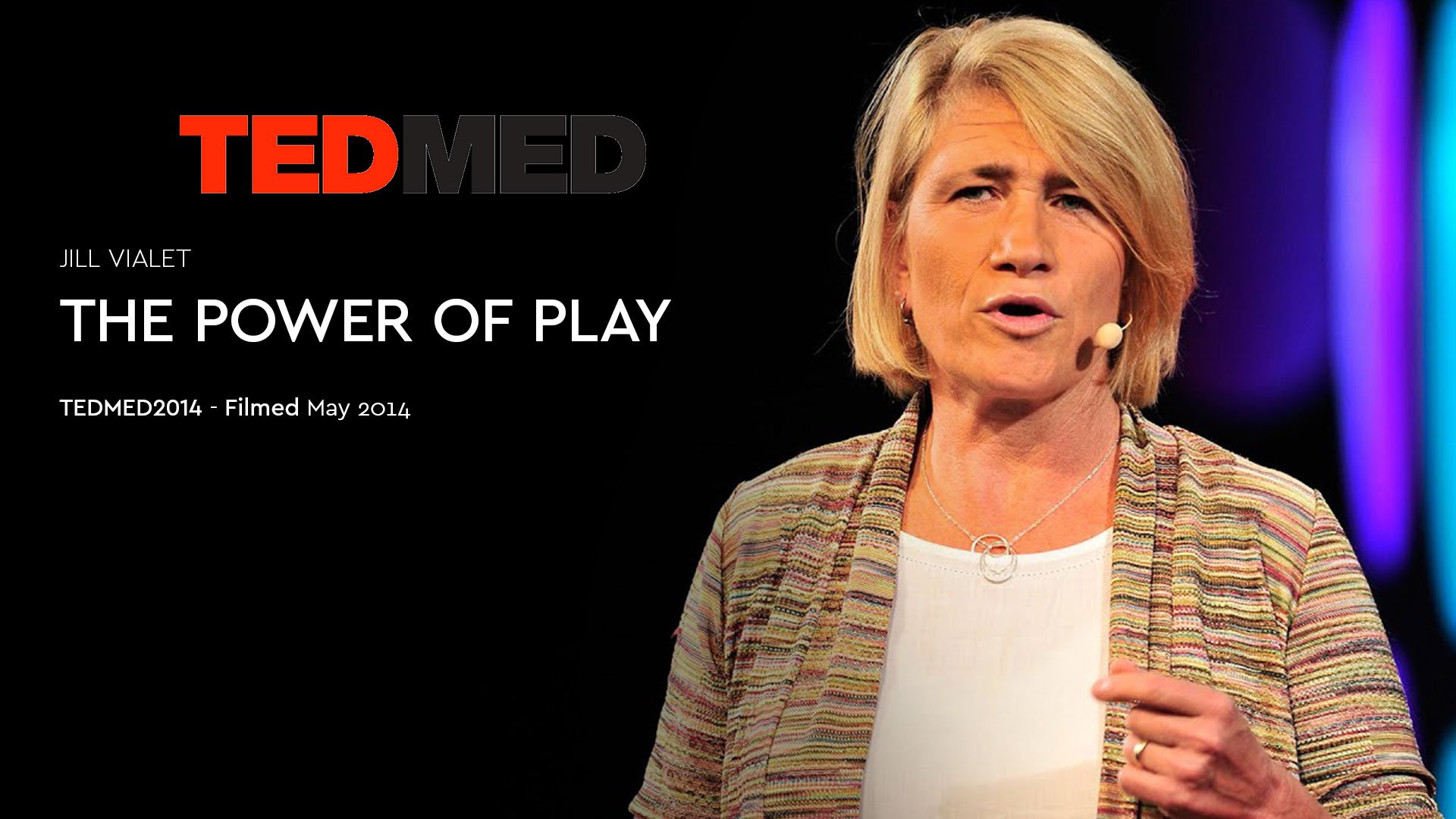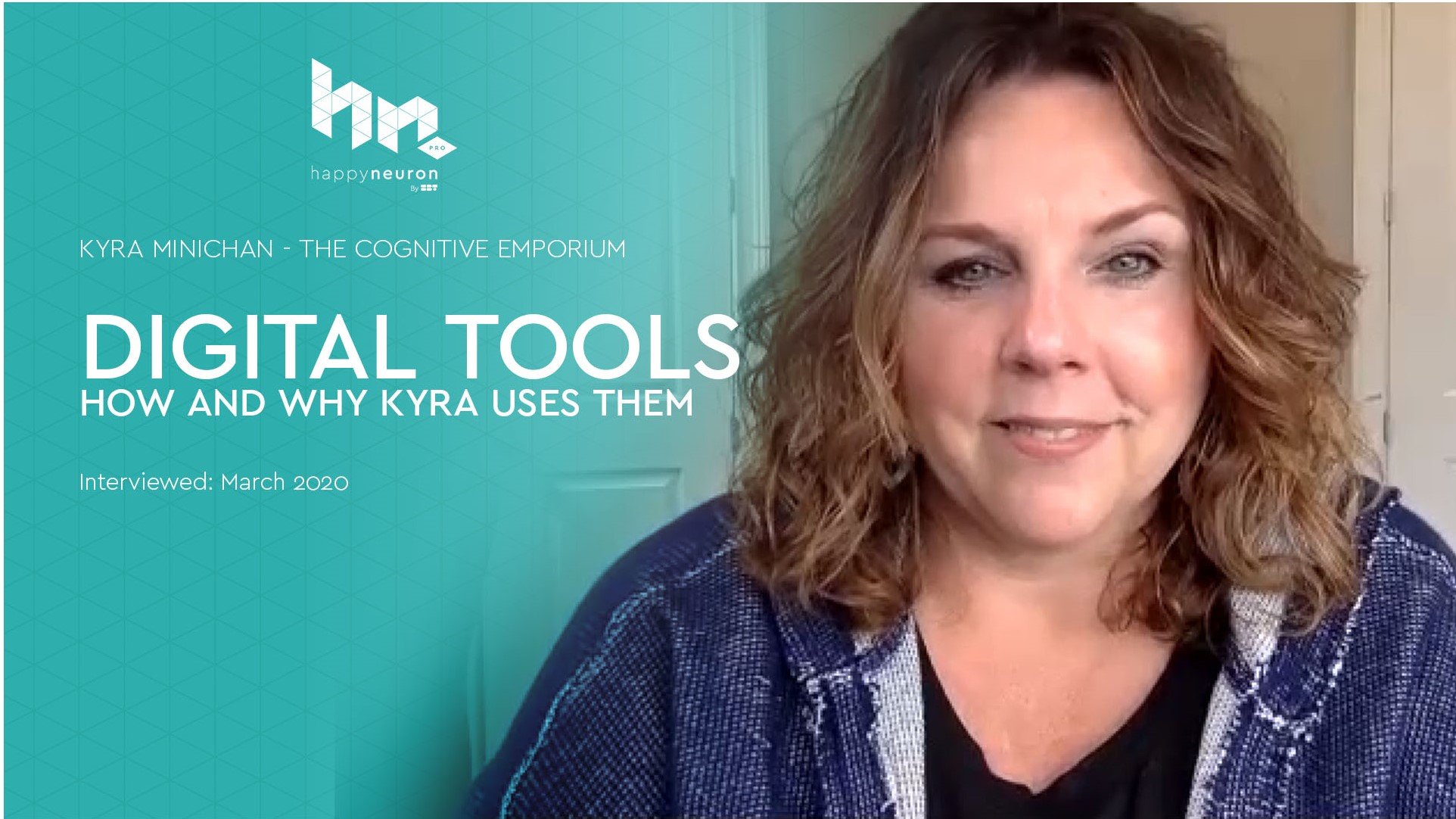12 Oct What Does Research Say About Computer-Based Cognitive Training for Elderly Clients
With the availability of technology, digital cognitive therapy tools can be accessed by clinicians and clients alike at any time from anywhere. Studies have found that regular cognitive training may help elderly people maintain and improve their cognitive abilities, particularly in regards to working memory (Borella et. al, 2013). Since the early 2000’s, there has been a significant interest in using digital cognitive therapy tools by both clinicians and researchers as they can be used to administer engaging cognitive training for older adults (Walton et. al, 2015). As the use of technology has become integrated into everyday life, elderly people have become more technologically aware than before (Sayago et. al, 2011). Elderly people have begun to incorporate technology into their everyday lives by using devices such as smartphones, tablets, and digital wearables that can help monitor their health (Kourtis et. al, 2019). With the increasing use of technology by older people, therapists are beginning to use technology as a way to deliver cognitive rehabilitation therapy and cognitive stimulation activities for their elderly clients.07 Sep [Video] TEDTalk – The Power of Play
In 1996, Vialet launched Playworks with two schools in Berkeley, California. Currently, the organization brings play and physical activities to children across the country, with offices in 23 cities. With a staff of 700, this year Playworks will reach 900,000 students through on-site coaches, professional training, and consultative partnership, serving 1,800 schools and youth-serving organizations. This organization helps to make sure that students are given the chance to play. We love this TED talk because Jill covers the exact reason as to why playing needs to be an active part of every student and human's day.19 Jun [Video] Digital Tools with Kyra
The integration of digital tools has helped Kyra's practice reach children outside of her town. Kyra believes in the importance of digital tools as well as remote therapy. We love to see how our therapists use us as a tool to help their clients! Kyra Minichan is not a traditional SLP. With another degree in education in addition to her degree in speech-language pathology, Kyra provides online educational services to the smart but struggling learner. Her experience in neurotrauma has taught her how to rehabilitate brains and help the smart but struggling student succeed in academics while bringing their family peace. You can read more about her practice here.07 May What is an eHelper?
An eHelper is a person who serves as a facilitator for telepractice delivered therapy. The eHelper serves to eliminate the barriers that inhibit a student from receiving therapy by facilitating the connection between a student and a therapist. eHelpers serve as assistants to the remote therapist by providing the following services: Explaining how telepractice therapy works. Answering any of the student’s concerns regarding their therapy. Setting up equipment and providing technical assistance. Aiding the telepractice therapist with the use of other materials. Provide cueing or physical assistants.- 1
- 2






